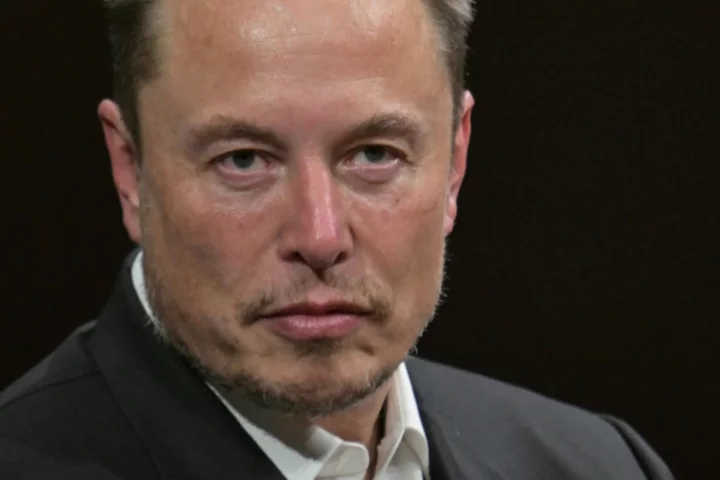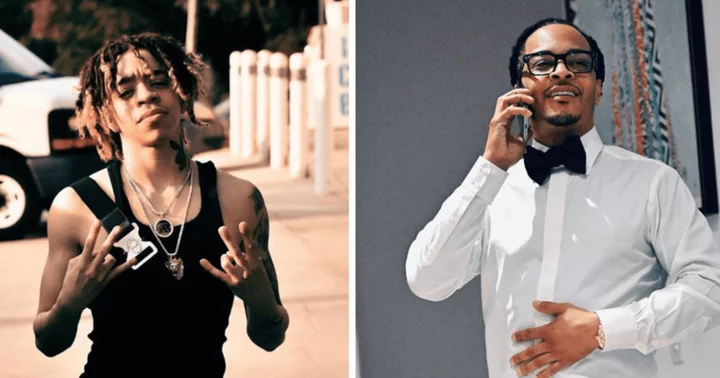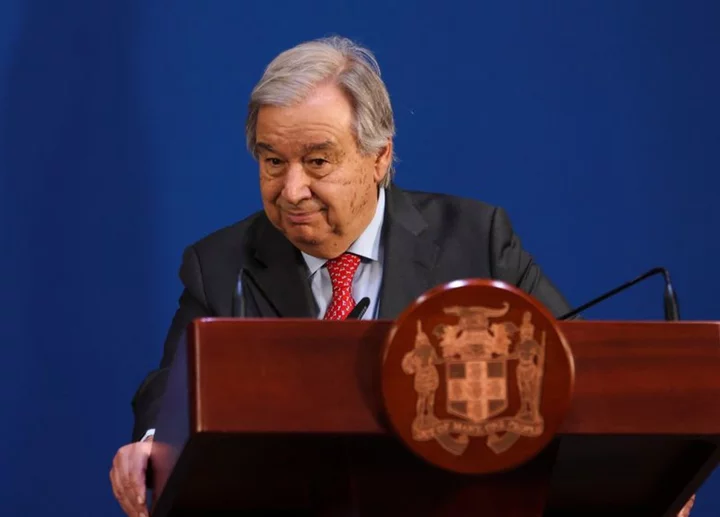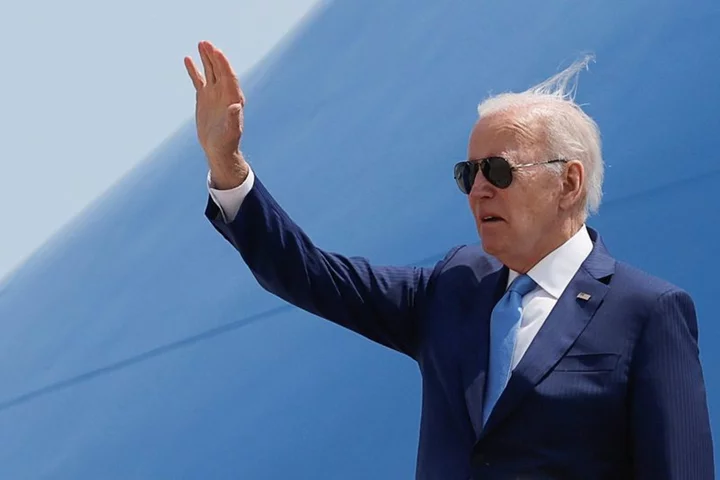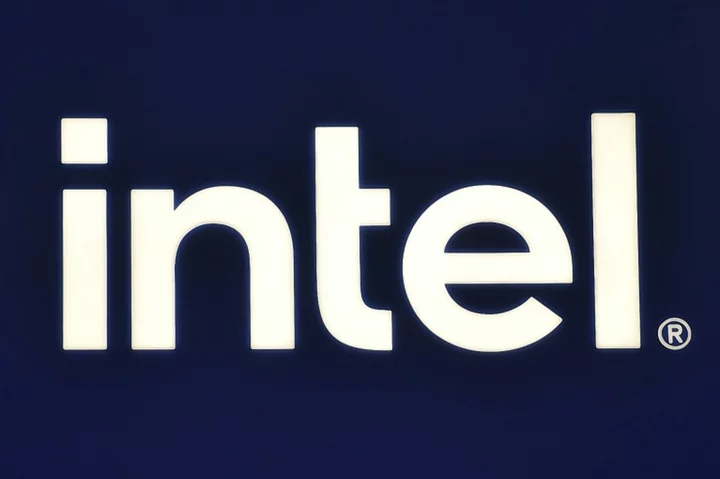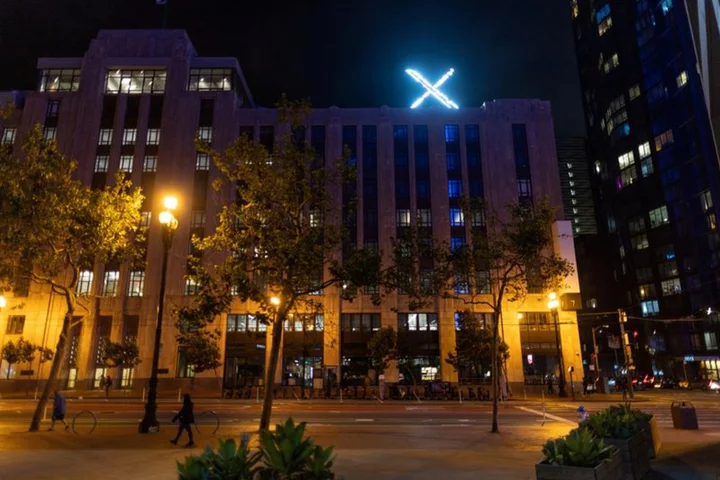Since buying Twitter, Elon Musk has made significant changes to the company as well as the app itself, from charging for features to killing off the bird logo.
AFP looks at Musk's moves to put his mark on the global social media platform he has renamed "X."
- Enter Elon -
Musk, the CEO of Tesla and SpaceX, buys Twitter late last year for $44 billion after months of combative on-off negotiations.
"Let the good times roll," he tweets after the deal is sealed on October 28.
Within weeks, half of Twitter's 7,500-strong staff are made redundant, sending shockwaves through Silicon Valley.
The cull goes on to reportedly eliminate about 80 percent of the tech company's staff.
Musk sells off furniture and more from Twitter's San Francisco office, and reports surface of the company not paying money it owes for rent and other expenses.
- New Twitter Blue -
In November Twitter begins rolling out a new paid Twitter Blue subscription plan.
But the relaunch is sidelined temporarily after an embarrassing spate of fake accounts that further scares advertisers.
Twitter Blue takes wing again in December, offering subscribers special features such being able to write longer tweets or even edit posts. Twitter Blue costs $8 monthly and comes with checkmarks.
- Account amnesty -
In late November of 2022 Musk reinstates the account of Donald Trump, who was booted from Twitter for encouraging a deadly attack on the US Capitol after his election loss to US President Joe Biden.
Musk offers an "amnesty" for thousands of previously suspended Twitter accounts, ramping up fears that the platform will be rife with misinformation and abuse.
The billionaire has also reached out to several controversial personalities. Tucker Carlson, a former Fox News presenter with radical and sometimes conspiratorial views, has launched a show on Twitter.
The conservative news site The Daily Wire is broadcasting its podcasts on the platform, including that of Matt Walsh, a commentator known for transphobic remarks.
- Ad exec enlisted -
Elon Musk on May 12 announces the hiring of ad executive Linda Yaccarino as CEO of Twitter.
Advertising at Twitter plummeted after Musk dramatically reduced content moderation.
Musk said he would remain in charge of design and technology at Twitter, with Yaccarino focusing primarily on business operations and turning Twitter into an "everything app" called X.
- EU pact exit -
European Union Commissioner Thierry Breton on May 27 tweets that Twitter decided to leave the EU's disinformation code, a voluntary pact that groups together the major social platforms.
The code was written by the industry players themselves and contains over three dozen pledges such as better cooperation with fact-checkers and not promoting actors distributing disinformation.
- TweetDeck -
Twitter in July announced that TweetDeck, a popular program that allows users to monitor several accounts at once, will be available only to "verified" users.
TweetDeck, launched more than a decade ago, shows messages in columns and its search and posting functions operate differently to the website or the app.
The move comes as Musk requires outside apps or services to pay hefty fees to "interface" with the platform.
Musk also briefly limited the daily number of posts that could be read by people not paying for Twitter Blue subscriptions in an effort he said was designed to chase away bots.
- The 'X' factor -
Musk on July 24 ditches the blue bird logo on its website for an X as part of a wider rebranding of the company formerly known as Twitter.
The social media network's site now shows the company's new logo: a white X on a black background.
Musk changed the Twitter company name to X earlier this year.
gc/arp/dw

